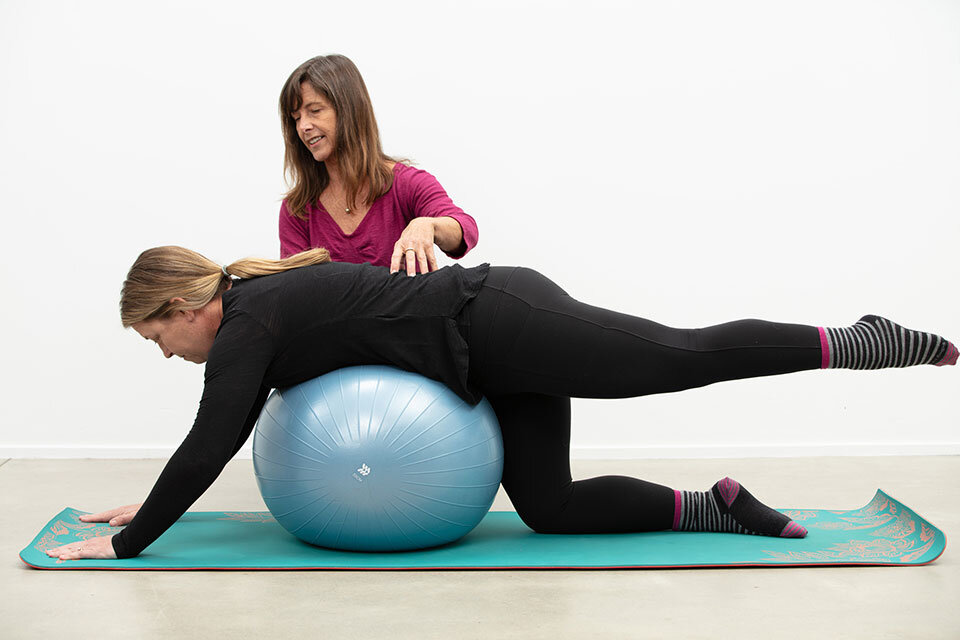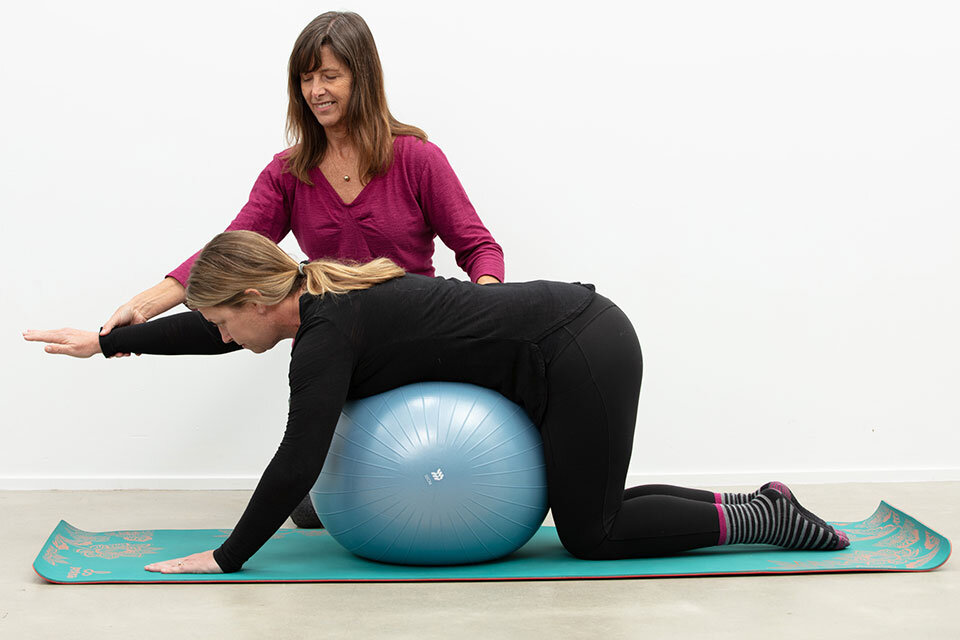
Ann listens | She cares | She understands | She’s an expert | She helped me
Services
Here are the problems I treat and how they’re treated:
Bladder | Bowel | Pelvic pain | Sex | Men | Prolapse | Pregnancy | Postpartum | Transgender | Cancer



Postpartum
It’s usually spoken of like this:
“I thought the back pain would go away after my baby was born. It has been three months since my baby was born and I’m still leaking pee. It feels like my bladder and uterus have dropped down into my vagina. My upper back is so sore from nursing my baby, and my hands go numb sometimes at night. The stitches from my episiotomy/tear have healed but it’s still sore down there. I have a wide gap in my tummy that bulges up whenever I try to turn in bed or sit up. I’m afraid to have sex again because I feel so different down there.”
Over the years I have seen so many women for problems that started during their pregnancies or after their baby was born. Often they were just too overwhelmed to get help, or they assumed (or somebody told them) that the problems were normal, or that there was no hope. Many times they have been leaking urine or been in pain for years afterwards—sometimes decades. Pregnancy involves so many changes in your body which continue after baby is born. You can have weak abdominal muscles or diastasis recti (a condition in which there’s a wide gap in your abdominal muscles) following pregnancy, neuralgias following delivery, weak muscles or perineal tears from delivery, or back pain. Hormonal changes can affect your function in so many ways. Whether you are days or decades postpartum, pelvic health physical therapy can help you regain strength and mobility to lead a pain-free and leak-free life.
How can pelvic physical therapy help you with your postpartum recovery?
Treatment options include:
Manual therapy to address muscle and joint imbalances and to address scar tissue resulting from episiotomy, tears, or C-section
Exercise and education so that you learn what to do to reduce or eliminate pain and continue living your life throughout pregnancy and postpartum. It’s not just a matter of doing Kegel exercises or sit ups: those can actually do more harm than good if not done correctly.
Treatment for incontinence
Treatment for bowel problems
Treatment for prolapse
Specific pelvic floor treatment which will include strengthening if/when you are able to selectively isolate the pelvic floor muscles. The traditional Kegel exercise has a place, but there is much more to the pelvic floor—and about 50% of women do Kegels the wrong way! I will design a program based on your own function and functional needs.
